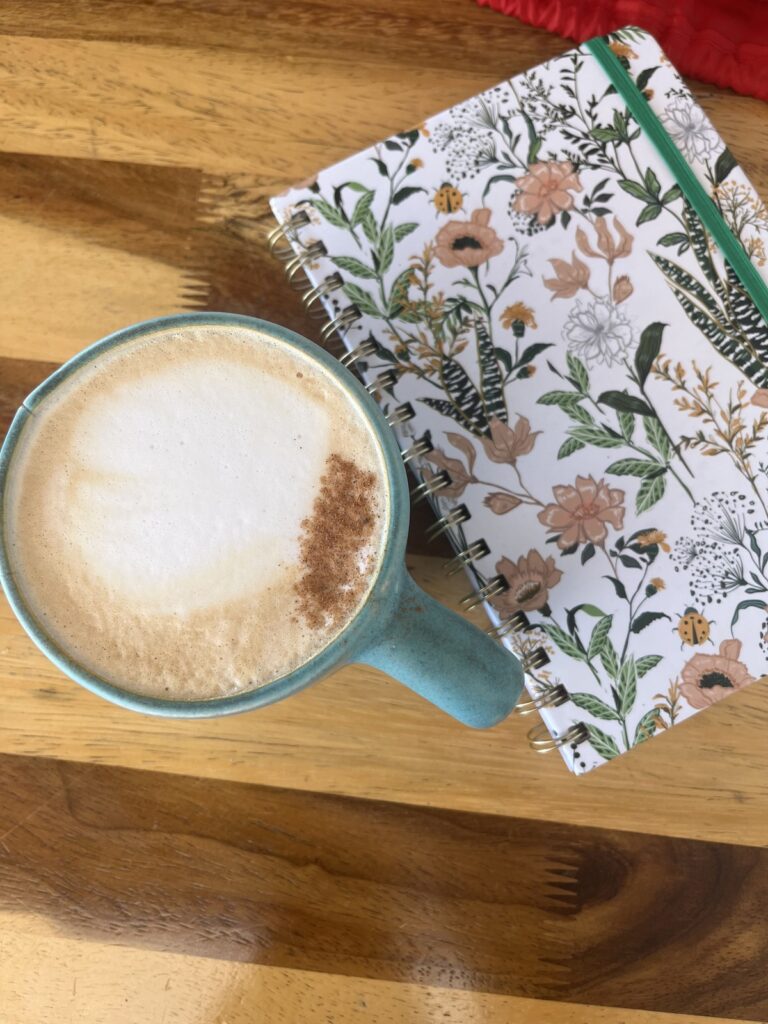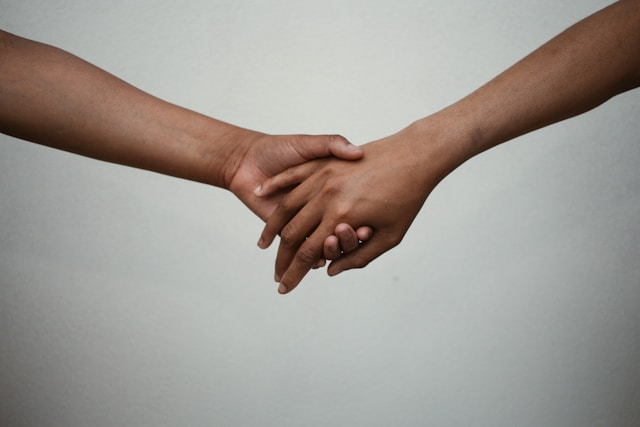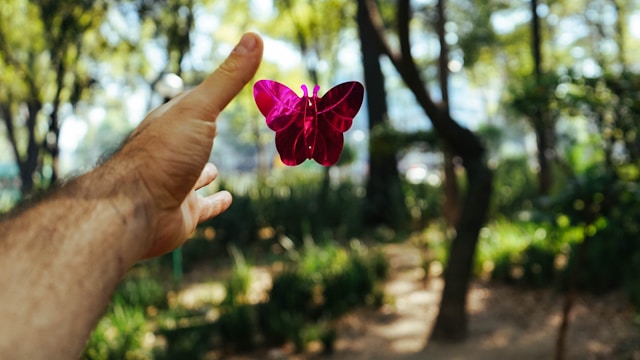Dealing With Adult Loneliness: Why It Happens & How to Cope

Dealing with loneliness as an adult can be challenging, especially during times of transition. This post is based on a conversation with Divya Robin, LMHC, who specializes in anxiety, mood disorders and life transitions, particularly in young adulthood (ages 18 to early 40s).
This stage of life is filled with transformation and self-discovery, making it a critical period for understanding and addressing loneliness. You can listen to my full interview with Divya down below.
What causes loneliness as an adult?
Loneliness is common during transitional periods of life—whether it’s starting a new job, moving to a new city, navigating shifting friendships or entering different life stages.

These moments often bring growth and self-discovery, but they can also be isolating. Many people expect their adult years to be filled with excitement and success, but at the same time, new experiences and uncertainties can lead to loneliness.
While these feelings are not limited to young adulthood, this is a season of life when many life changes are often concentrated. Developing ways to cope with adult loneliness during these transitions will continue to support you in later years of your life.
There is also a stigma around loneliness, making it harder to talk about and thus exacerbating the feeling.
What does adult loneliness feel like?
People often equate loneliness with being physically alone, but in truth, loneliness stems from a lack of meaningful connection. You could be surrounded by people, have plenty of friends yet still feel lonely and disconnected on a deeper level.
Social media amplifies this by showing us curated highlights of others’ social lives.
When we see other people’s posts about spending time with their friends or partners, we tend to assume that all of those relationships must be meaningful and satisfying.
While I hope many people are experiencing that, it’s important to remember we don’t really know anyone’s life beyond what they choose to show us.
Watching other peoples’ highlight reels can make us feel more alone, and we may begin to wonder – what’s wrong with me? It can be easy to feel like we are the only ones struggling to build deep, authentic relationships.
How to approach dealing with adult loneliness:
So, how can you begin to cope with loneliness as an adult? Here are some key steps Divya shares:
Understanding your authentic self

Addressing loneliness starts with understanding yourself. What are your values, needs, and desires? Without this self-awareness, it’s challenging to form connections that feel truly meaningful.
Often, we form relationships based on external expectations rather than what genuinely aligns with us. When you build connections from a place of authenticity, they are more likely to be fulfilling. This is why it’s important to intentionally connect with yourself, too.
For those who grew up in communal cultures, such as South Asian women or other women of color, prioritizing self-connection can feel selfish.
Many of us are raised with a focus on family and community needs over our individual desires.
Additionally, being a minoritized person in a different culture can create a unique kind of loneliness—you might feel like you have to change parts of yourself just to fit in. For example, in corporate America.
It’s a tough balance between staying true to who you are and wanting to feel connected to others. Over time, it takes unlearning old habits and finding ways to be authentic while still building meaningful relationships.
Fostering intentional connection

Unlike in younger years when friendships are formed through school or shared activities, adult relationships require more effort and intentionality. People are at different life stages, which can make maintaining friendships more challenging.
Further, everyone experiences connection differently. Some people feel close when they have deep, one-on-one conversations, while others bond best by doing activities together.
Some appreciate frequent texts and calls, while others feel connected even if they only talk once in a while. Understanding how the people in your life feel connected—and letting them know what works for you—can help strengthen your relationships.
Meaningful connection takes work—it’s about showing up for others in ways that feel meaningful, not just convenient. And finding people who do the same for you.
Learning to prioritize yourself
For many, women especially, taking care of their own needs feels wrong. Society often expects women to be caretakers, focusing on others before themselves. But making time for yourself is important for building real connections. It might feel uncomfortable at first, but that’s part of the process.
Start small: instead of deferring decisions to others – “I don’t care, you decide what to eat” -practice voicing your preferences.
At work, set small boundaries “I can’t get to this today, but I will tomorrow.” These small steps strengthen the muscle for advocating for yourself and ultimately foster more authentic relationships.
Identifying and releasing internalized beliefs

One way to figure out what’s holding you back is to look at your “should” thoughts. Do you feel like you “should” act a certain way because of outside pressure?
Are these expectations really what you want, or are they coming from society, family, or culture? Thinking about these questions can help you let go of beliefs that don’t actually serve you.
Knowing that loneliness is temporary
With any transition comes a shift in how we connect with ourselves and others. It’s important to have self-compassion and recognize that loneliness is not a permanent state.
Growth often comes with emotional discomfort, and healing is not a linear process. By prioritizing self-awareness, making intentional efforts in relationships, and addressing internalized beliefs, you can create a stronger sense of connection and belonging.
Listen to the episode: Dealing With Adult Loneliness, Divya Robin LMHC
Divya Robin is a therapist, mental health advocate, and empath. She works with people to go into their inner experience so that in turn they are able to access an improved outer experience in the world and in their relationships.
Questions and topics we discuss in this episode include:
- What is adult loneliness?
- What are the causes of adult loneliness?
- How does adult loneliness present itself?
- How does one cope with adult loneliness?
- The inspiration behind Divya’s IG channel @mindmatterswithdiv
- Divya’s path to choosing a career in therapy
- How to get in touch with your own authenticity
- Tips for regulating the nervous system
Books Mentioned in This Episode:
The Happinesss Trap
Connect with Divya:
Instagram: @mindmatterswithdiv
Conversations Brewing Podcast
Website: divyarobin.com